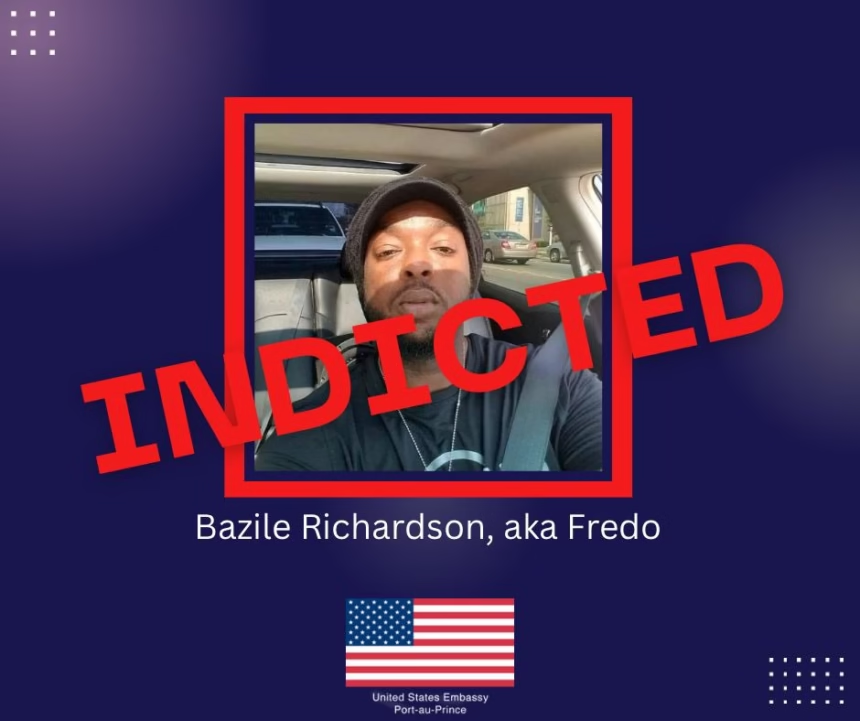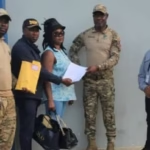U.S. authorities have announced the indictment of Bazile Richardson, a truck driver from North Carolina, suspected of providing material and financial support to Jimmy “Barbecue” Chérizier, a central figure in the armed violence that has destabilized Haiti for years.
Richardson, a U.S. citizen of Haitian origin, faces serious charges. According to the indictment unsealed by a federal grand jury in Washington, he allegedly supplied money, weapons, and other resources to the leader of the criminal coalition Viv Ansanm, considered one of the most formidable organizations in the country. Two other individuals, whose identities have not been disclosed, are also facing prosecution in connection with the case.
According to reporting from the Miami Herald, federal prosecutors claim that since December 2020, Richardson and his alleged accomplices sent tens of thousands of dollars to Haiti. The funds were routed through intermediaries and deposited into local bank accounts. Prosecutors further allege that the money was used to purchase firearms, vehicles, and to pay salaries for members of the criminal coalition.
Richardson was arrested last month in Houston, Texas. Court documents cite a voice message he allegedly sent to one of his co-conspirators, in which he boasted about growing up alongside Chérizier, whom he described as “a brother” and “a close friend.” In the recording, he said: “People can’t scare me because I live in the United States and I’m not plotting against this country… I’m defending my homeland, which the U.S. Embassy is destroying.”
Jimmy Chérizier, a former Haitian police officer, is one of the most notorious and influential criminal figures in Haiti. As head of Viv Ansanm, he controls several key neighborhoods of Port-au-Prince and is accused of orchestrating deadly attacks against civilians.
In December 2020, the U.S. Treasury Department’s Office of Foreign Assets Control (OFAC) sanctioned Chérizier for his role in massacres and for leading armed groups during violent operations in the Haitian capital. More recently, U.S. authorities added him to the list of designated global terrorists and classified his coalition as a “foreign terrorist organization.”
This indictment highlights the existence of transnational funding networks fueling Haiti’s security crisis. For investigators, the role of the diaspora in materially supporting gangs is an increasing concern. Federal authorities argue that such financial contributions perpetuate the cycle of violence, undermine stabilization efforts, and endanger the civilian population.
If convicted, Richardson faces lengthy federal prison sentences. For Washington, the case is part of a broader strategy aimed at cutting off resources to Haitian armed groups and prosecuting those in the United States who provide them with direct or indirect support.
Photo Credit: U.S. Embassy Haiti
With reporting from the Miami Herald and AFP







